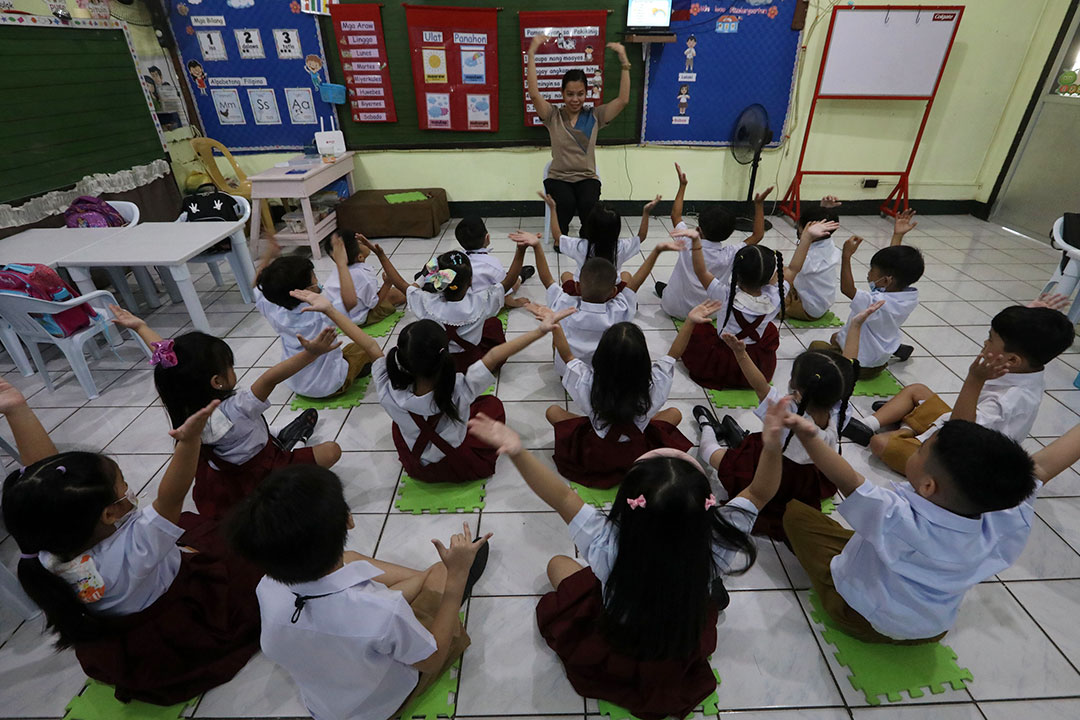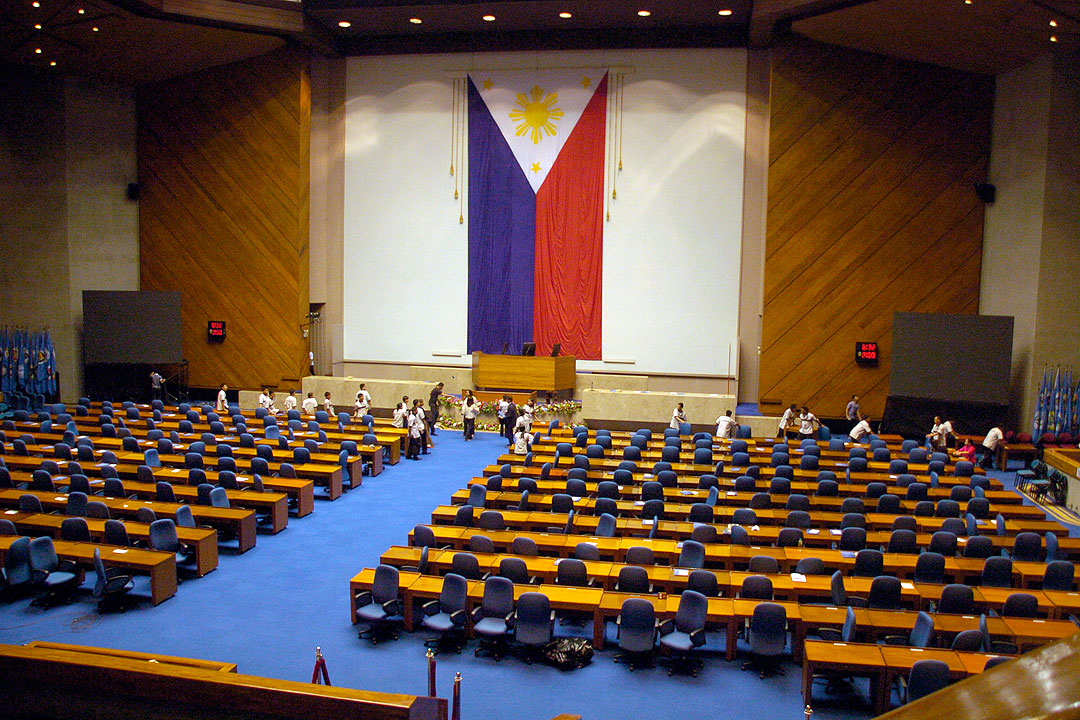
Upgrade to High-Speed Internet for only ₱1499/month!
Enjoy up to 100 Mbps fiber broadband, perfect for browsing, streaming, and gaming.
Visit Suniway.ph to learn
 PHILIPPINE STAR/EDD GUMBAN
PHILIPPINE STAR/EDD GUMBANTHE PHILIPPINES fell four spots on the Human Development Index (HDI) rankings, coming in at 117th in the 2023 evaluation, despite posting improving scores, the United Nations Development Program (UNDP) said.
In a statement, the UNDP said the Philippine score improved to 0.720, up from 0.714 in 2022 and 0.690 in 2019.
The index gauges a country’s health, education and standard of living.
“The Philippines’ HDI value for the year 2023 climbed to 0.720, reflecting an increase of 1.4% from the 2022 level; however, it remains below the average HDI for the East Asia and Pacific region,” the UNDP said in a statement on Tuesday.
The Philippines scored below East Asia and the Pacific’s average of 0.775 and the global average of 0.756.
Among neighboring countries, human development levels were “very high” in Hong Kong (8th), Singapore (13th), and Brunei Darussalam (60th).
The Philippines had a “high” human development level, as did Malaysia (67th), Thailand (76th), Vietnam (93rd), Indonesia (113rd) and Timor-Leste (142nd).
On the other hand, human development was classified as “medium” in Laos (147th), Myanmar (150th), and Cambodia (151st).
“Instead of seeing sustained recovery following the period of exceptional crises of 2020-2021, the report reveals unexpectedly weak progress. Excluding those crisis years, the meagre rise in global human development projected in this year’s report is the smallest increase since 1990,” the UNDP said.
The report also found that while global development is decelerating at an alarming rate, inequalities continue to widen between rich and poor countries.
“As traditional paths to development are squeezed by global pressures, decisive action is needed to move the world away from prolonged stagnation,” it said.
Life expectancy at birth is at 69.8 years in the Philippines, according to the Human Development Index. The expected years of schooling for Filipinos is 12.8, with the mean years of school is 10.
The Philippines also ranked 92nd in the gender inequality index with a score of 0.351, while its gender development score stood at 0.966.
The report also found that half of respondents worldwide think their jobs can be automated.
“An even larger share — six in ten — expect AI to impact their employment positively, creating opportunities in jobs that may not even exist today,” she said.
Around 13% of survey respondents fear artificial intelligence (AI) could lead to job losses while in low- and medium-HDI countries, 70% expect AI to increase their productivity. Two-thirds anticipate using AI in education, health, or work within the next year.
“The choices we make in the coming years will define the legacy of this technological transition for human development,” Pedro Conceição, director of UNDP’s Human Development Report Office, said.
“With the right policies and focus on people, AI can be a crucial bridge to new knowledge, skills, and ideas that can empower everyone from farmers to small business owners.” — Aubrey Rose A. Inosante




